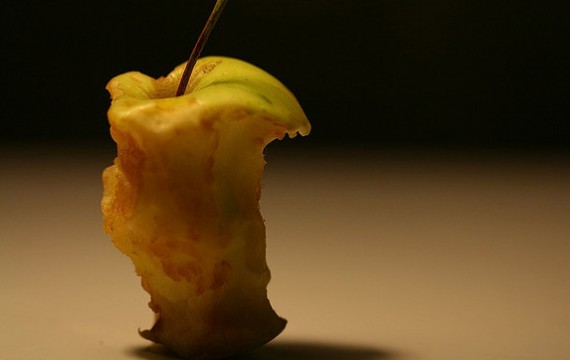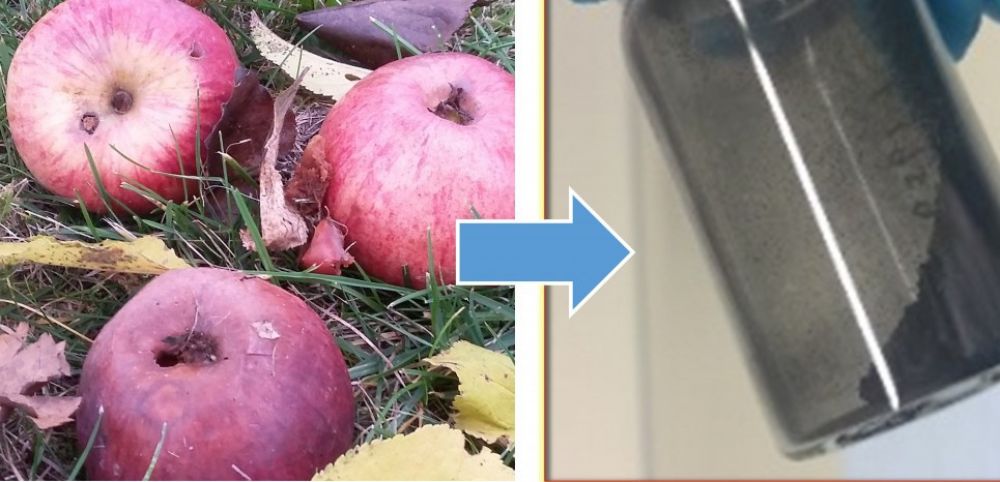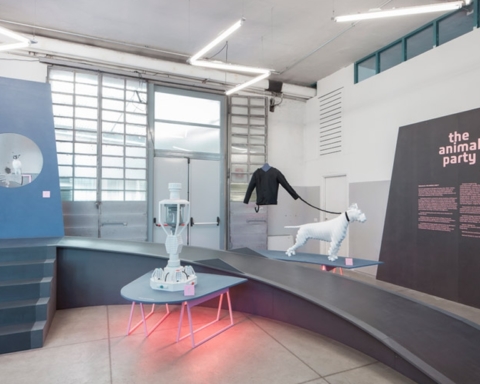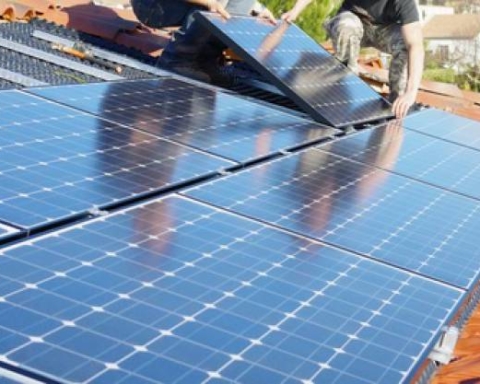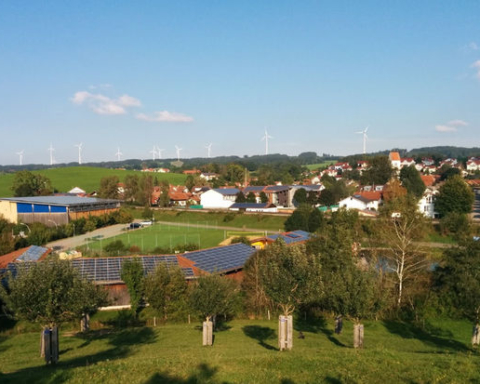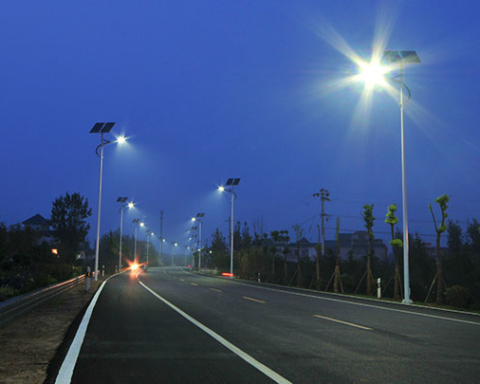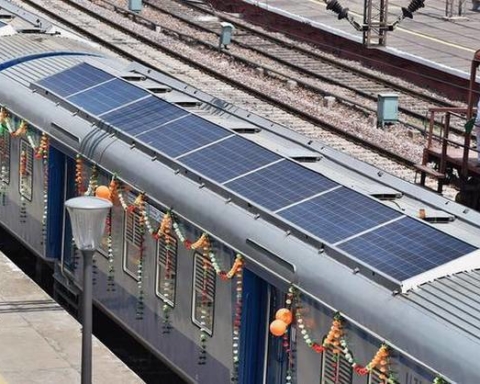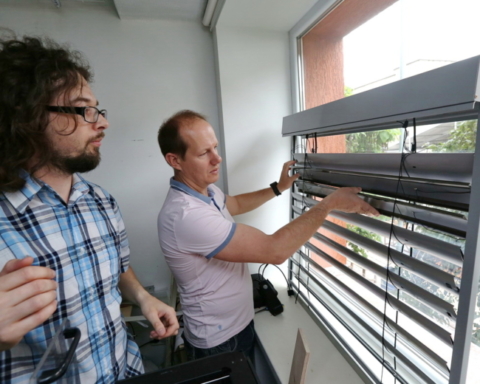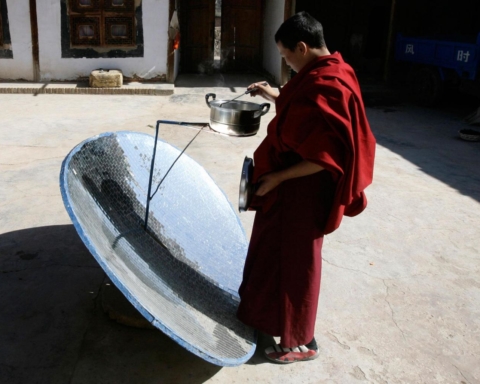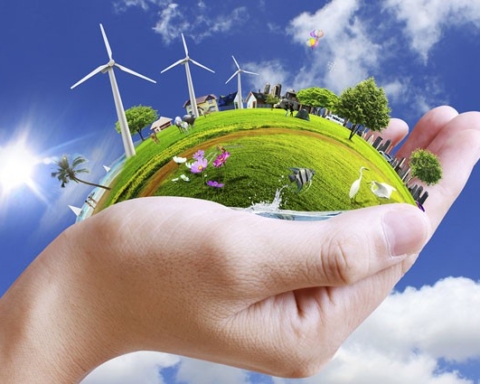Apple waste could be a crucial element in the energy revolution. A new carbon-supported material based on this waste in any case produces excellent results in energy storage tests.
An economical and ecological way of storing large-scale current will be the key to the energy revolution, as it will be possible to capture the variable output of wind and solar energy. Currently, lithium-ion batteries are the best technology, but they still require expensive materials, which are only found in a few places around the world. In addition, they often use polluting cobalt.
The new technology could not only benefit the energy transition but also be a good solution to end the current waste of apples
Worldwide, scientists are therefore actively seeking new technologies that can take over from lithium-ion. Sodium-ion batteries are possible successors. Sodium makes up some 2.6 percent of the earth’s crust and can be generated much more easily and economically than lithium. In addition, these batteries can discharge completely without any damage. But this technology is still under development and is not yet produced on a commercial scale.
Researchers at the Technological Institute of Karlsruhe have now taken a step closer to a breakthrough in this area thanks to … rotten apples. They have succeeded in developing a dried apple waste from a carbonaceous material which appears to have excellent electrochemical properties as a negative electrode in a sodium battery.
Initial tests, carried out on prototypes feeding no electronic devices, were carried out. They have covered more than 1000 cycles of charge and discharge and have proved the stability of the system as well as a large storage capacity. An important milestone is reached, but the research and development phases still have a few years to go. This work is published jointly by ChemElectroChem and Advanced Energy Materials.
According to the researchers, the new technology could not only benefit the energy transition but also be a good solution to end the current waste of apples. Indeed, apples of a not perfect form or crushed are often discarded because they rot too quickly to be used in the feed for livestock.
Ultimately, sodium-ion batteries (based on apples or not) could replace lithium-ion batteries for equipment where size and weight matter less like the power packs of electric cars. Lithium being three times lighter than sodium, it remains well suited for mobile electronics (phone, tablet, etc…).






